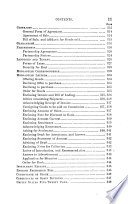 | John Groesbeck - 1872 - 374 pages
...separately. 2. Multiply the SMALLER side of the account by the time between the two dates thus found, and divide the product by the balance of the account. The quotient will be the time to be counted from the date of the larger side. If the LARGER side of the account falls due LATEST,... | |
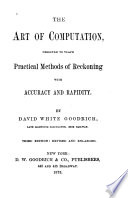 | David White Goodrich - Ready-reckoners - 1873 - 220 pages
...on that side of the account which falls due first by the number of days between the equated dates, and divide the product by the balance of the account....and backward when the larger side falls due first. Example. When is the balance of the following account due? Dr. TG Hitch in acc't with Kollin Stone.... | |
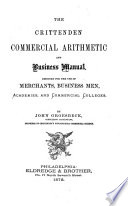 | John Groesbeck - Business mathematics - 1873 - 376 pages
...separately. 2. Multiply the SMALLER side of the account by the time between the two dates thus found, and divide the product by the balance of the account. The quotient will be the time to be counted from the date of the larger side. Jf the LARGER side of the account falls due LATEST,... | |
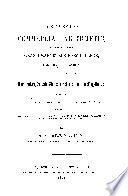 | T. A. Bryce - Business mathematics - 1873 - 370 pages
...becomes due. Multiply the amount of the smaller side by the number of days between the two average dates, and divide the product by the balance of the account. The quotient thus obtained will be the time that the balance becomes due, counted from the average date of the larger... | |
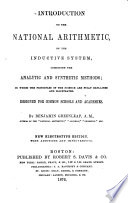 | Benjamin Greenleaf - Arithmetic - 1876 - 344 pages
...becoming due. Multiply the amount of the smaller side by the number of days between the two average dates, and divide the product by the balance of the account. The quotient will be the time of the balance becoming due, counted from the average date of the larger side, BACK when the amount... | |
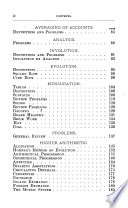 | Samuel Mecutchen, George Mornton Sayre - Arithmetic - 1877 - 200 pages
...the credit products, by the difference between the sum of the debits and the sum of the credits, and the quotient will be the number of days to be counted forward from the latest date, when the larger sum of products is on the smaller side of the account, or backward when the larger sum of products... | |
 | William Guy Peck - Arithmetic - 1877 - 430 pages
...then multiply the side of the account that falls due last by the time between the dates of payment and divide the product by the balance of the account; the quotient will be the equated time. II. If the greater side of the account falls due last, add the equated time to the initial... | |
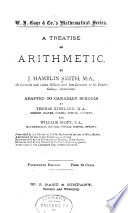 | James Hamblin Smith, Thomas Kirkland - Arithmetic - 1877 - 376 pages
...due on that side which Jills due FIRST, by the number of days between the dates of the equated times, and divide the product by the balance of the account. The quotient will be tlie number of days to be counted FORWARD from the LATEST DATE when the smaller side of ike account... | |
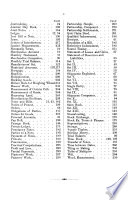 | Samuel G. Beatty - Accountants - 1877 - 308 pages
...account which falls due FIRST, by the number oj days behceen the dates nfthe equated time, and dii-ide the product by the balance of the account. The quotient will be the number nfdays to be counted FORWARD /com the LATEST DATE when the SMALLER side of the account falls due FIRST;... | |
 | Samuel Mecutchen - Arithmetic - 1880 - 262 pages
...the credit products by the difference between the sum of the debits and the sum of the credits, and the quotient will be the number of days to be counted forward from the latest date when the larger sum of products is on the smaller side of the account, or backward when the larger sum of products... | |
| |